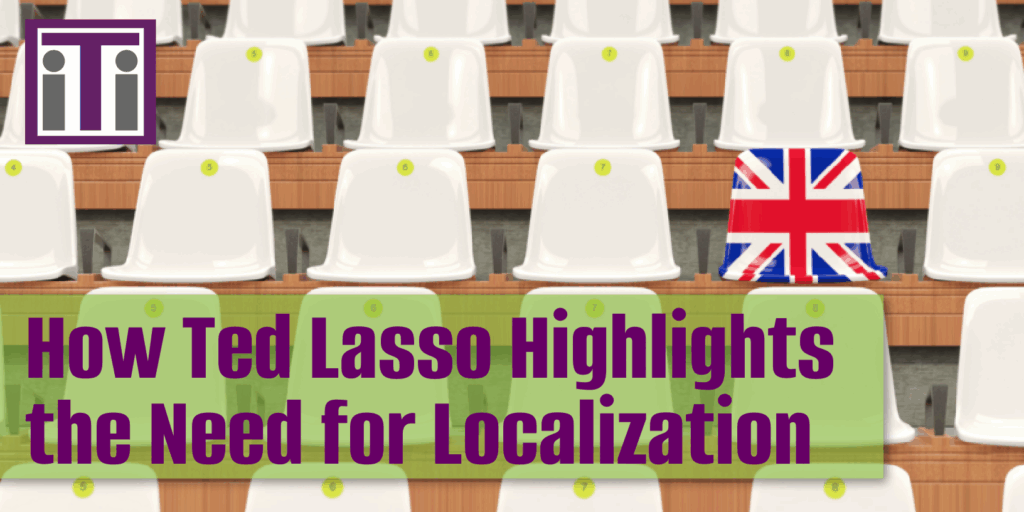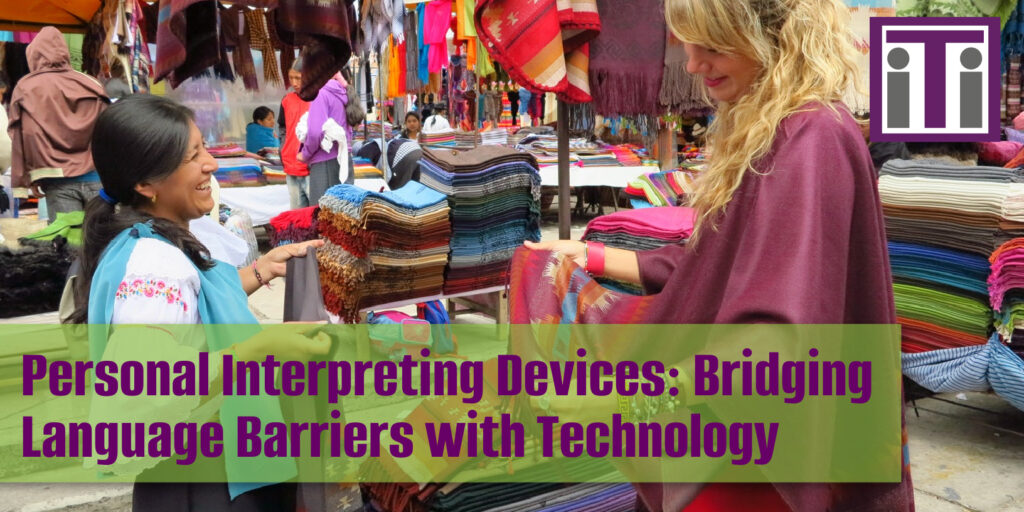Ethical and Other Challenges in Professional Interpreting
Reading Time: ~3 mins

Professional interpreters are often faced with challenging situations that test their ability to uphold ethical standards. The code of ethics in interpretation serves as a compass, ensuring integrity and professionalism in their services. However, real-world scenarios don’t always present easy choices. Let’s explore the ethical dilemmas for interpreters and ways they maintain their commitment to excellence.
Common Challenges Faced by Professional Interpreters
Bridging Communication Barriers
One of the most significant hurdles interpreters face is bridging not only linguistic but cultural gaps. Staying impartial while ensuring clarity is a delicate dance.
Ethical Responsibilities in High-Stakes Scenarios
Interpreters often work in settings where every word carries weight, such as medical consultations, legal proceedings, or diplomatic discussions. Situations involving sensitive information or emotional exchanges can lead to ethical challenges in interpretation services.
Maintaining Professional Integrity
Professional ethics for language interpreters call for neutrality, but what happens when an interpreter witnesses behavior that compromises their moral compass? Deciding when (or if) to intervene can be one of the hardest tests of their integrity.
The Interpreters’ Code of Ethics: A Lifeline
At the heart of interpreting is the code of ethics in interpretation. This framework includes:
- Accuracy: Delivering faithful renditions of all communications without omissions or alterations.
- Confidentiality: Upholding strict privacy to protect all parties involved.
- Impartiality: Avoiding bias and personal interference in all circumstances.
These principles guide decision-making for interpreters, even in the most challenging environments.
Real-World Ethical Issues in Linguistic Interpretation
Interpreters might face situations that challenge their ability to stick to the ethical code. Consider these scenarios:
Confidentiality Breach Risks
Confidentiality is a cornerstone of professional interpretation. However, interpreters may encounter situations where maintaining confidentiality becomes ethically complicated.
Example: Imagine an interpreter assisting in a legal case where one party privately discloses information that could decisively affect the outcome of the trial—such as a confession. The interpreter is bound by confidentiality and cannot share this information, even if withholding it could influence justice. Navigating this situation requires strict adherence to the code of ethics in interpretation.
Neutrality in Crisis
Interpreters frequently work with vulnerable populations, such as refugees or victims of violence. Staying neutral in highly emotional or morally fraught situations can be a significant challenge.
Example: Consider an interpreter in an asylum hearing. A refugee recounts harrowing experiences that evoke deep empathy, and the interpreter feels compelled to advocate for the individual. However, the ethical code mandates impartiality, and the interpreter must resist the urge to influence the decision-maker, focusing solely on providing accurate and unbiased interpretation.
Accuracy in Emotional Exchanges
Emotionally charged dialogues, such as conflicts between family members or heated negotiations, test an interpreter’s ability to convey tone and intent without amplifying or softening the message.
Example: Picture an interpreter translating for a couple in a custody dispute. One parent accuses the other of serious misconduct in a highly emotional tone. The interpreter must deliver the message exactly as stated—capturing the intensity without exaggeration or dampening—to ensure clear communication. Misrepresentation of the tone could inadvertently sway opinions or outcomes.
The Balancing Act
For interpreters, decision-making isn’t just about following protocols; it’s about navigating real-world complexities with professionalism and respect for all involved parties. Whether it’s confronting ethical dilemmas for interpreters or protecting confidentiality, their role requires unwavering dedication to ethical responsibilities.
Ready to Learn More?
Professional interpreters are equipped to handle even the toughest challenges with grace and expertise.
| Learn More |
Founded in 1986, Interpreters and Translators, Inc. is a full-service language solutions provider located in Glastonbury, Connecticut.
iTi is an NMSDC-recognized minority-owned business.





